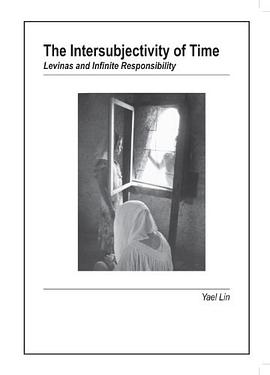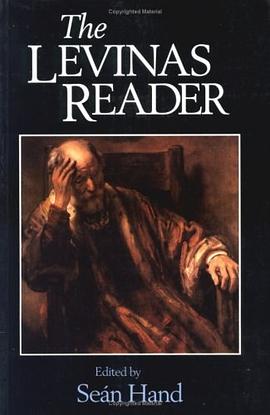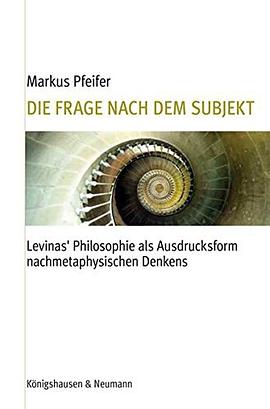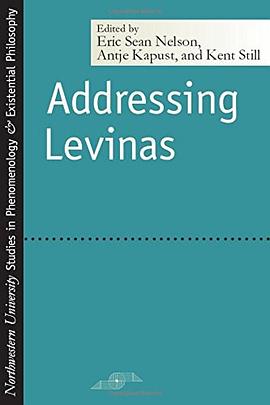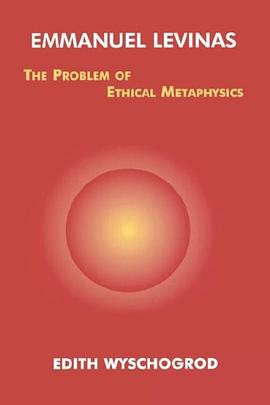

From Husserl's account of protention to the recent turn to eschatology in "theological" phenomenology, the future has always been a key aspect of phenomenological theories of time. This book offers the first sustained reflection on the significance of futurity for the phenomenological method itself. In tracing the development of this theme, the author shows that only a proper understanding of the two-fold nature of the future (as constitution and as openness) can clarify the way in which phenomenology brings the subject and the world together. Futurity therefore points us to the centrality of the promise for phenomenology, recasting phenomenology as a promissory discipline. Clearly written and carefully argued, this book provides fresh insight into the phenomenological provenance of the "theological" turn and the phenomenological conclusions of Husserl, Levinas, and Derrida. Closely examining the themes of protention, eschatology, and the messianic, it will be essential reading for anyone interested in phenomenology, philosophy of religion, deconstruction, or philosophical theology.
具體描述
讀後感
評分
評分
評分
評分
用戶評價
相關圖書
本站所有內容均為互聯網搜索引擎提供的公開搜索信息,本站不存儲任何數據與內容,任何內容與數據均與本站無關,如有需要請聯繫相關搜索引擎包括但不限於百度,google,bing,sogou 等
© 2025 qciss.net All Rights Reserved. 小哈圖書下載中心 版权所有


